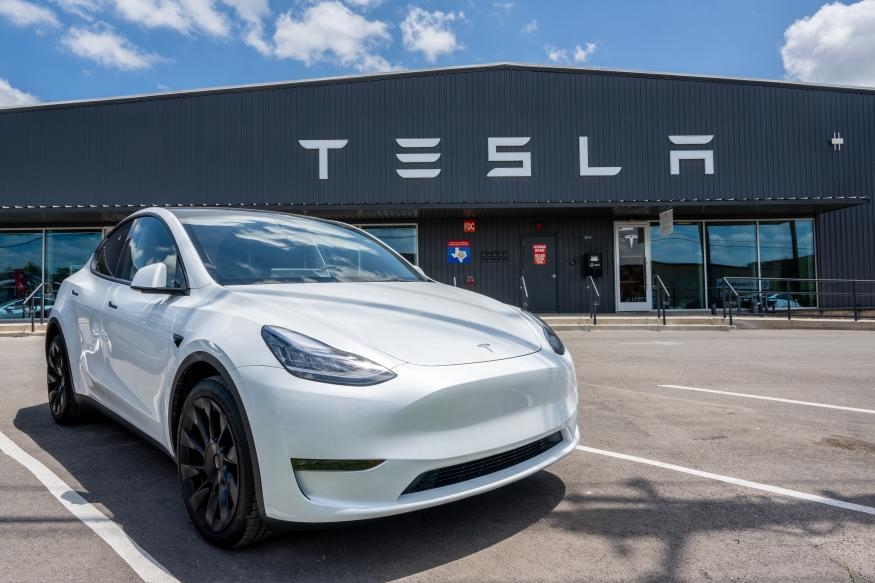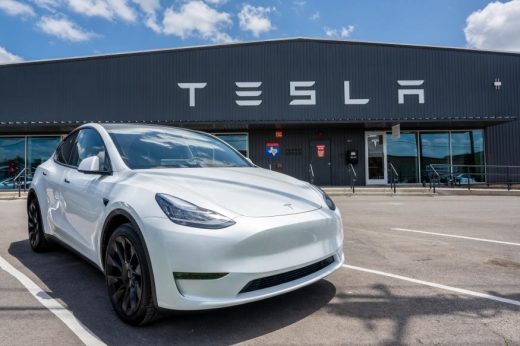Tesla sued for false advertising after allegedly exaggerating EV ranges
Tesla allegedly formed a team to quash driving range complaints
Tesla has been accused of exaggerating EV driving range in the past, but it’s now facing allegations that it’s trying to minimize complaints about performance. Reuters sources claim Tesla had a secret “Diversion Team” in the Las Vegas area that aims to cancel range-related service appointments. If a customer complained that the range didn’t live up to marketing claims, advisors in the team would tell owners that Environmental Protection Agency (EPA) range figures were just predictions, and that battery degradation would reduce range. The unit initially ran remote diagnostics and called customers, but wouldn’t share non-range issues and eventually stopped testing altogether.
The aim was reportedly to both save money (about $1,000 per appointment, according to managers) and reduce strain on service centers already facing long appointment queues. Tesla updated its mobile app to remove appointment options for users asking about range, and instead gave them the choice of asking a company representative to call.
The complaints don’t stem from technical flaws, the insiders claim. Instead, Tesla supposedly began tinkering with range estimates roughly a decade ago to exaggerate figures when an EV was fully charged. Cars would only begin showing more accurate range numbers below a 50 percent charge. The company also gave vehicles a 15-mile range buffer when the estimate reached zero, much as combustion engine cars still have fuel in the tank when the gauge reads “empty.”
It’s not certain if Tesla continues to rely on code to exaggerate range, if the report is accurate. Tesla has disbanded its public relations team and isn’t available for comment. However, the company has already faced criticism and legal trouble over range concerns. The EPA asked Tesla to slightly reduce its range estimates from the 2020 model year onward, and South Korea fined Tesla $2.2 million in January for allegedly failing to disclose that range can drop in cold weather.
Tesla isn’t alone in embellishing range, but may be worse than most. The standards body SAE International recently published a study indicating that EVs typically fall 12.5 percent short of their official range in highway driving. One of the co-authors, Gregory Pannone, tells Reuters that Tesla’s shortfall was a much higher 26 percent. Brands like Ford, Mercedes and Porsche also offer more conservative estimates by using an EPA formula instead of running extra tests.
Elon Musk’s firm isn’t necessarily cheating, as Pannone explains. Instead, it may be exploiting EPA range procedures more aggressively than its peers. If true, though, that’s still problematic for buyers who might never come close to the range they expected.

(28)



